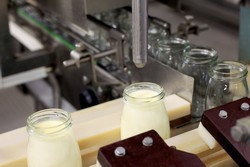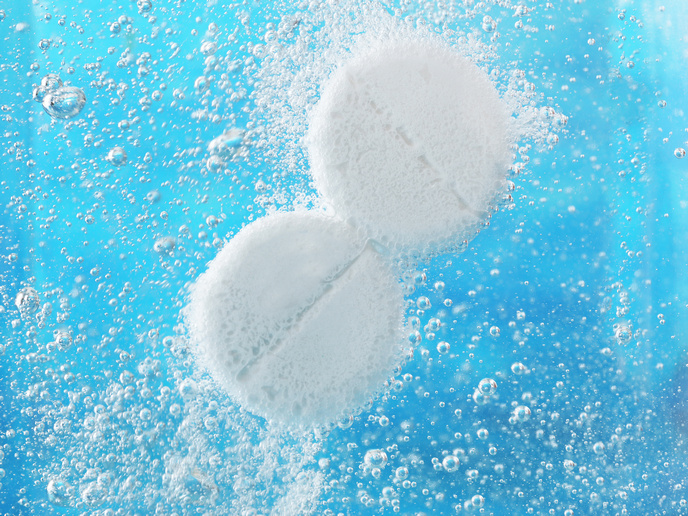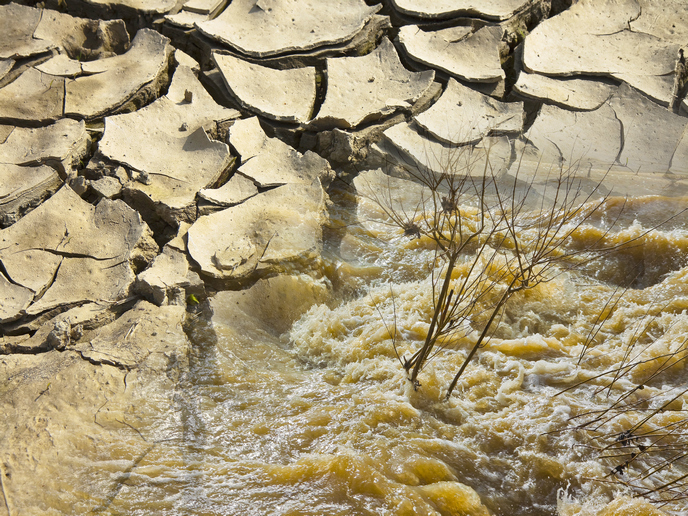Energy recovery integrated wastewater treatment
The dairy sector is one of the most environmentally unfriendly industries, producing large amounts of effluent containing hard-to-remove inorganic and organic compounds. Wastewater can be treated electrochemically to remove fats, oils as well as solid and dissolved compounds from the dairy processes resistant to conventional chemical or biological treatment, but this option is energy intensive. The EU-funded REWAGEN(opens in new window) (Electrochemical water treatment system in the dairy industry with hydrogen recovery and electricity production) initiative developed a self-sustaining electrically driven wastewater treatment plant. The researchers worked to use hydrogen generated during electrochemical treatment to power the system. REWAGEN separated fats and oils from wastewater using electric fields, which coalesces oil droplets at the oil-water interface. Next, the researchers conducted two electrochemical treatment steps to cause suspended solids to clump together, and organic materials to either precipitate, making them easier to remove or to decompose. These two steps were followed by a final desalination using low energy and no chemical demand capacitive de-ionisation technology. The team then recovered the hydrogen by-product of this electrochemical treatment, recovered and purified it to power a fuel cell, and later used this fuel cell as a secondary power generator. REWAGEN then completed the entire cycle and recycled the water generated as a waste product of the hydrogen fuel cell. REWAGEN's lab-scale electrochemical technology could remove fats, oils and up to 98 % of solids from wastewater. Researchers also created a process to collect and purify hydrogen gas. Partners developed a system with technologies that had not been previously combined with hydrogen recovery. When scaled up for the dairy industry, this efficient wastewater treatment process should lower costs by reducing energy and water consumption. In addition, REWAGEN's innovative method for converting electrochemically generated hydrogen into energy could benefit the fuel cell industry.







